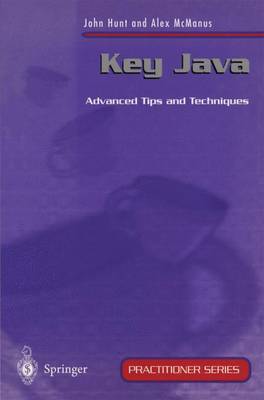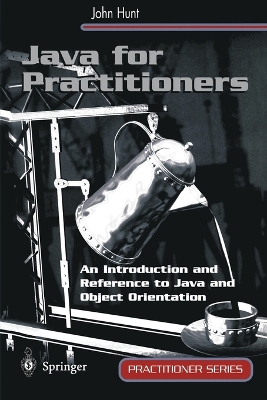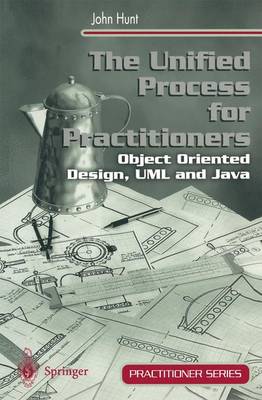Practitioner
3 total works
Java is such a rapidly evolving language, it can be difficult for developers to keep abreast of developments. It has moved beyond a lnaguage used just for creating Web-based applets to one that is being used for developing serious applications. Key Java is intended for those who already know the Java language, the classes and the tools, but who want to get more out of Java. They are wanting to know about subjects such as good Java style for reusable components, about using Java beans, about the JDBC, about optimising their code, about testing their code appropriately and about using the IFC, tools and the new JFC. This book explores some of the more significant and exciting developments in Java. It covers techniques that will be fundamental to programmers developing significant applications in Java. Each of the self-contained chapters looks beyond the mechanics of coding applications and explores the concepts that will prove vital to getting the most out of the Java language.
Java for Practitioners doesn just provide an introduction to Java, it also tells you all about object orientation. One of the biggest problems with many of the Java books currently on the market is that they only teach the language and ignore the object orientation aspects (or at best just devote one chapter to it). Not only does John Hunt cover both Java and object orientation thoroughly but he also realises that practitioners learn best by oing'and he writes this book to reflect that. Chapters are dippable-into and ideas and concepts are introduced by exercises and practical examples. The book does of course cover the new release - Java 2/JDK 1.2 - and it also includes the Java Self-Tester which lets readers determine whether they are ready to take Sun's Java Certification exam. There is also an essential reference section which provides detailed solutions to real world Java problems, and new Java features. No one intending to move over to Java should be without this book.
This title aims to guide the reader through the use of the Unified Modeling Language (UML) and the Unified Process, and their application to Java systems. It provides a step-by-step guide to applying UML and the Unified Process. The first part provides a practical introduction to object-oriented analysis and design using the Unified Process. The UML is introduced, as necessary, throughout this section (and a complete listing of the UML is provided as an appendix). The second part focuses on the real-world use of UML and the Unified Process, including a detailed case study taking a system from initial inception to Java implementation and a discussion of the relationship between UML and Java and how to apply the Unified Process to short term projects.


